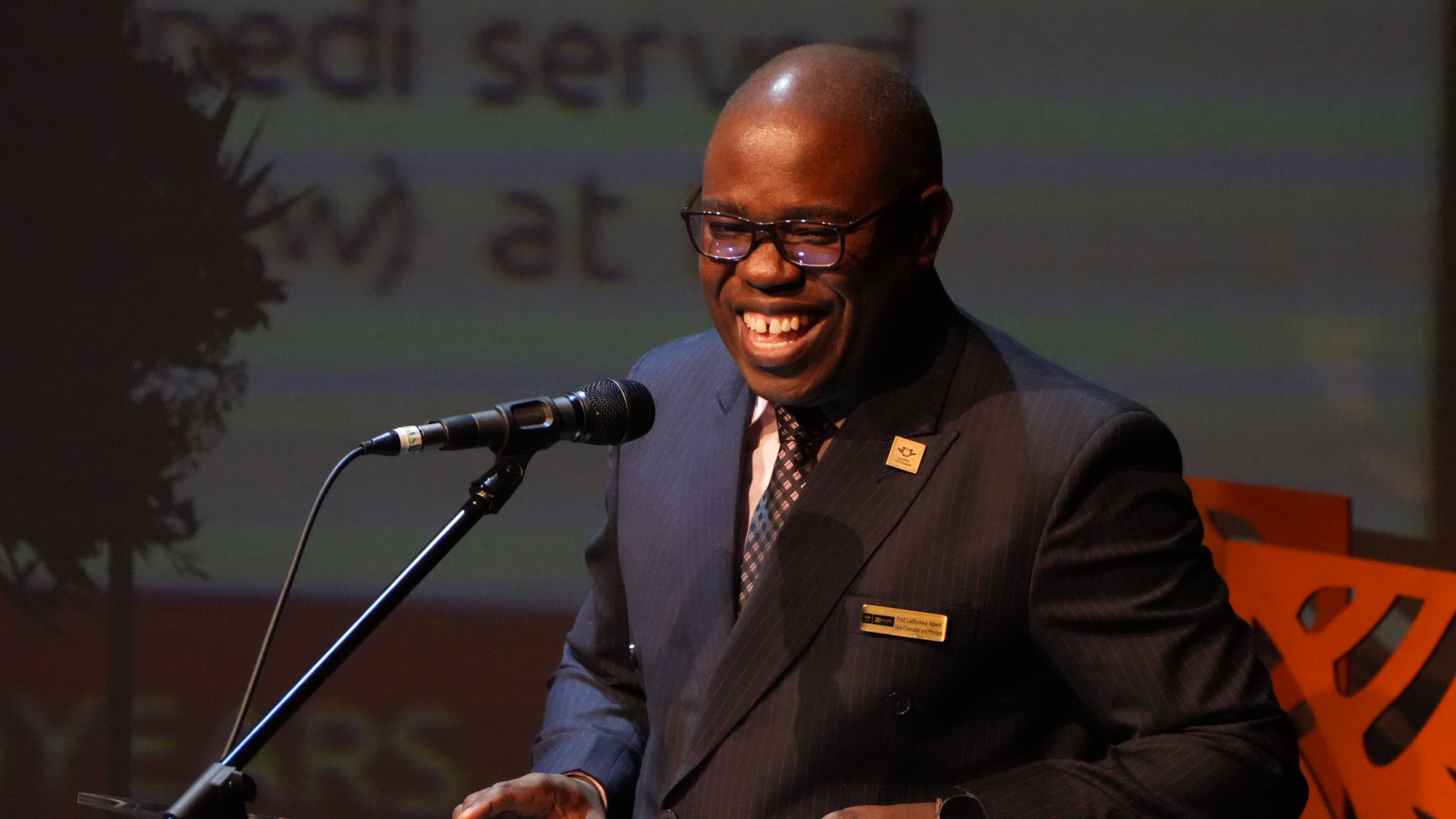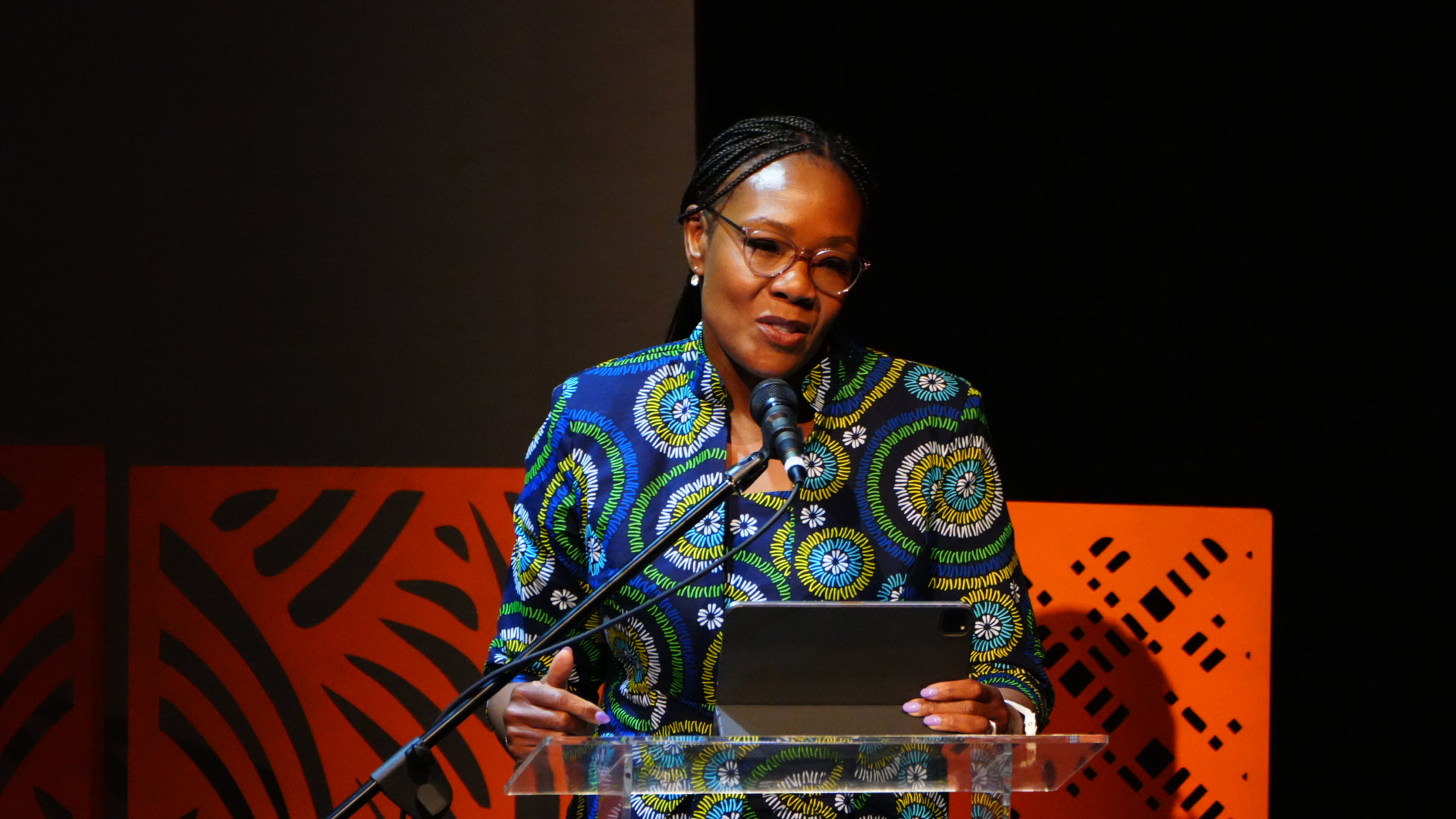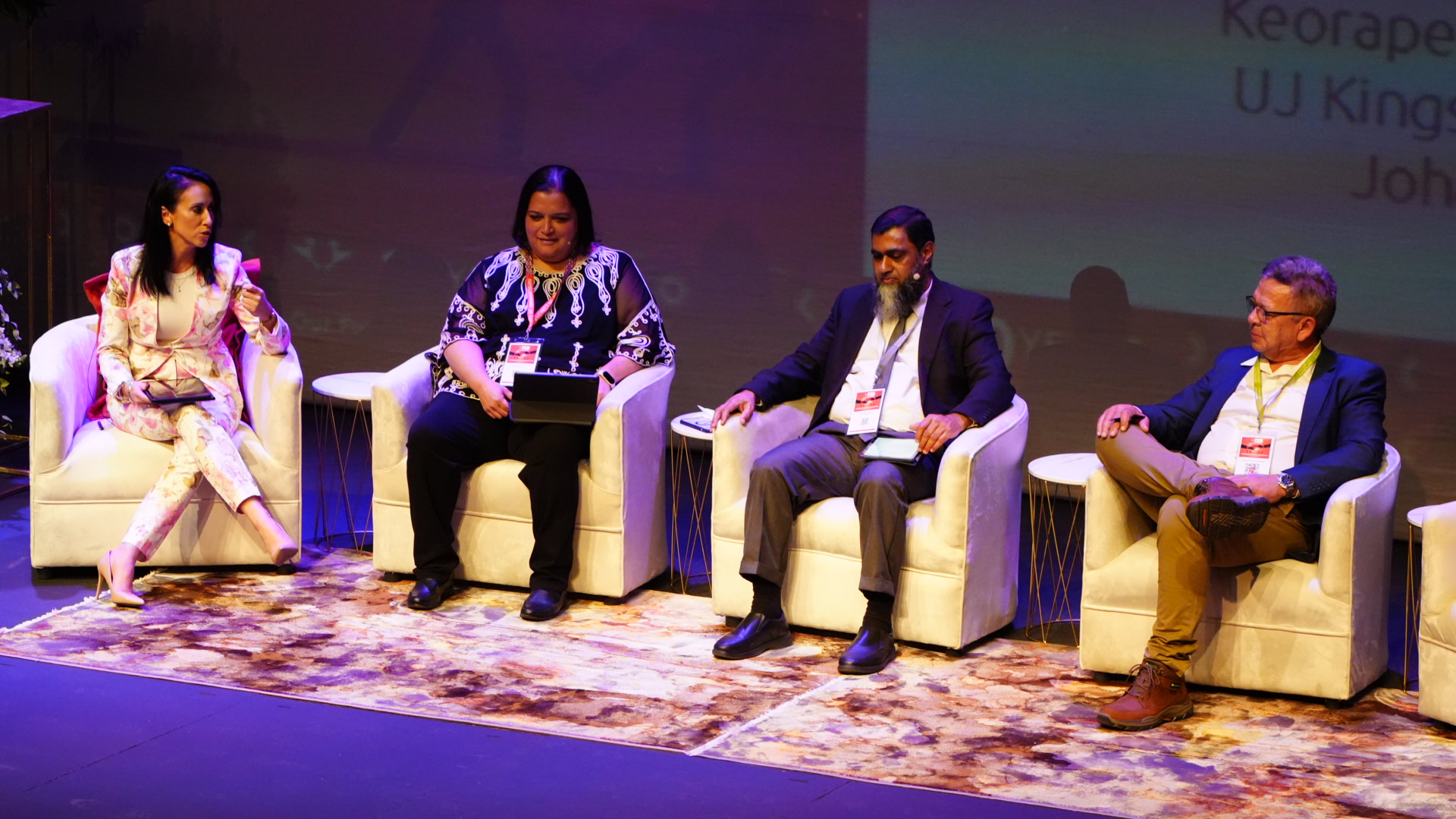The University of Johannesburg (UJ)’s Office of the General Counsel (OGC) successfully hosted its second annual Combating Corruption Summit from 3 to 5 September 2025. The three-day event brought together policymakers, industry leaders, civil society, law enforcement, and academia to devise tangible strategies to tackle corruption.
The summit was hosted at the University’s Auckland Park Kingsway Campus, and the state-of-the-art Arts Centre.
Hosted by respected comic Alan Committie, the comic balanced humour with robust debate. The Mzansi Youth Choir opened the proceedings in vibrant, traditional-inspired outfits, paying tribute to South Africa’s heritage during Heritage Month.

UJ Vice-Chancellor and Principal, Professor Letlhokwa Mpedi, set the tone with a powerful welcome. He commended attendees for taking a proactive stance and praised the OGC for uniting different sectors in the fight against corruption.
Prof Mpedi said corruption undermines the African philosophy of Ubuntu. “Instead of ‘I am because you are’, it suggests that ‘I am so you are not’.” He concluded firmly: “As the great University of Johannesburg we do not condone corruption.”
Day one of the summit focused on Accountability and Transparency, spotlighting whistleblowing as a key tool in curbing corruption.

On day two, which focused on Sustainable Development, Auditor General of South Africa (AGSA) Tsakane Maluleka emphasized the need to strengthen accountability pillars. She noted that South Africa faces severe development challenges, including rising unemployment, and that accountability is critical to addressing them.
“Corruption affects everyone, particularly the poor, and threatens ethical values and the rule of law,” Maluleka said. She called for “greater impatience with corruption” and urged institutions to have the courage to detect, investigate, and correct wrongdoing.
She stressed that accountability is not just a government responsibility. “The private sector also has a role to play in serving the country and being accountable,” she said. Maluleka concluded by encouraging citizens to play their part, saying accountability builds trust between people and institutions.
Minister of Public Works Dean McPherson delivered a virtual keynote, acknowledging the gravity of the challenge but striking a note of resilience. “Corruption erodes trust in leaders, but South Africa and South Africans are resilient and determined. Together, we can build systems that will withstand corruption and leaders who reject it.”
McPherson was candid about corruption in his own portfolio, citing issues such as the Oxygen Plant System tender and the Independent Development Trust (IDT). “This country needs more examples of leaders who are willing to stand up and speak out,” he said.
He paid tribute to whistleblowers and journalists, describing them as “indispensable allies” who face intimidation, dismissal, and even death. “These individuals must be protected through enforced policies so they feel comforted in speaking out,” McPherson said.
The Minister also reminded attendees that corruption is not solely a government issue. “Active citizenship begins with refusing to accept bribes. We must all play our part.”
In a moment of vulnerability, McPherson revealed that he too has faced threats for his anti-corruption stance. “Their courage inspires me. It’s what fuels my commitment to this fight.” He closed by urging South Africans to reject complacency and embrace integrity, stressing that “real change begins with each individual.”

Public Protector Advocate Kholeka Gcaleka spoke about restoring integrity and trust in institutions, noting that 43% of citizens do not trust public institutions and only 38% believe in South Africa’s strength.
“Corruption creates problems when government institutions are weak,” she said, urging collaboration to strengthen systems and treat corruption as a societal challenge.
She proposed solutions such as building ethical and transparent institutions, promoting a culture of ethics, ensuring accountability in public service, and strengthening internal controls. She also encouraged greater use of the Public Protector’s services to address systemic challenges.
Gcaleka ended with a call to action: “Let’s work together to build a better South Africa by utilising the Public Protector’s services and strengthening ourselves.”
The summit concluded with a strong message that corruption is not just a government problem but a societal one, demanding accountability, integrity, and active citizenship from every South African.



